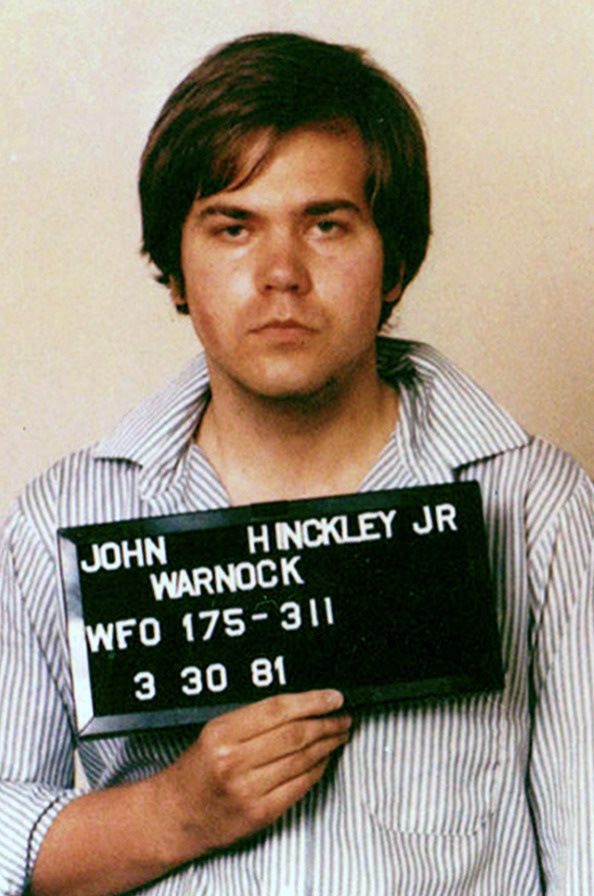
After serving a sentence of more than 40 years for his attempted assassination of President Ronald Reagan in 1981, John Hinckley, now 67, has been granted unconditional release. The would-be assassin had been found not guilty by reason of insanity and committed to St Elizabeths Hospital in Washington, but since 2003 he had been allowed to live outside the institution, with restrictions.
This week’s ruling by U.S. District Judge Paul R. Friedman lifted those restrictions as of June 15, declaring that Hinckley no longer showed any signs of active mental illness or interest in deadly weapons.
In the March 30, 1981 shooting, Hinckley also wounded three other men: a police officer, a Secret Service agent, and presidential press secretary James Brady, who died of his wounds in 2014.
Despite a cororner’s homicide ruling at that time, prosecutors declined to file murder charges against Hinckley.
Judge Friedman told reporters on Wednesday that “John Hinckley tried to kill the president of the United States. He came very close to doing so. We came to learn President Reagan was very close to death. James Brady was damaged for life … In 1981, over 40 years ago, John Hinckley was a profoundly troubled young man.
He had acute psychosis.”
Continued Friedman: “He has been in full, sustained remission for more than 25 years. He has followed every condition imposed by the court. He has demonstrated self-awareness and responsibility for his mental illness. … he has made such progress, and he’s not a danger anymore.”
There are some intriguing show-biz subtexts to Hinckley’s case both then and now. It was revealed in 1981 that he was motivated to commit the shootings out of an obsessive infatuation to impress actor Jodie Foster, who had no connection whatever with him.
Today, Hinckley now peddles his original music on Twitter and a dedicated YouTube channel, and plans to release a 14-song playlist under his Emporia Records label.
Though Hinckley had been living with his mother in Virgina—she died in 2019—some in Reagan’s family were upset when he was allowed to live outside an institutional setting. In 2016, presidential daughter Patti Davis wrote that “when my father was lying in a hospital bed recovering from the gunshots that nearly killed him, he said, ‘I know my ability to heal depends on my willingness to forgive John Hinckley.'”
“I, too, believe in forgiveness,” Davis continued. “But forgiving someone in your heart doesn’t mean that you let them loose in Virginia to pursue whatever dark agendas they may still hold dear.”
When plans for Hinckley’s release were circulated in the fall of 2021, Davis wrote in a Washington Post op-ed of her fears that Hinckley would be free to contact her, her family, and Jodie Foster.
“But for me, for my family, for Foster, the memory of that day will never fade. In my mind’s eye, I will always picture Hinckley’s cold eyes as he blew open White House press secretary Jim Brady’s head, as he wounded Secret Service Special Agent Tim McCarthy and Metropolitan Police Department Officer Thomas Delahanty. I will always picture my father being shoved into the limousine after a shot struck his lung and nearly grazed his heart,” she wrote then.

